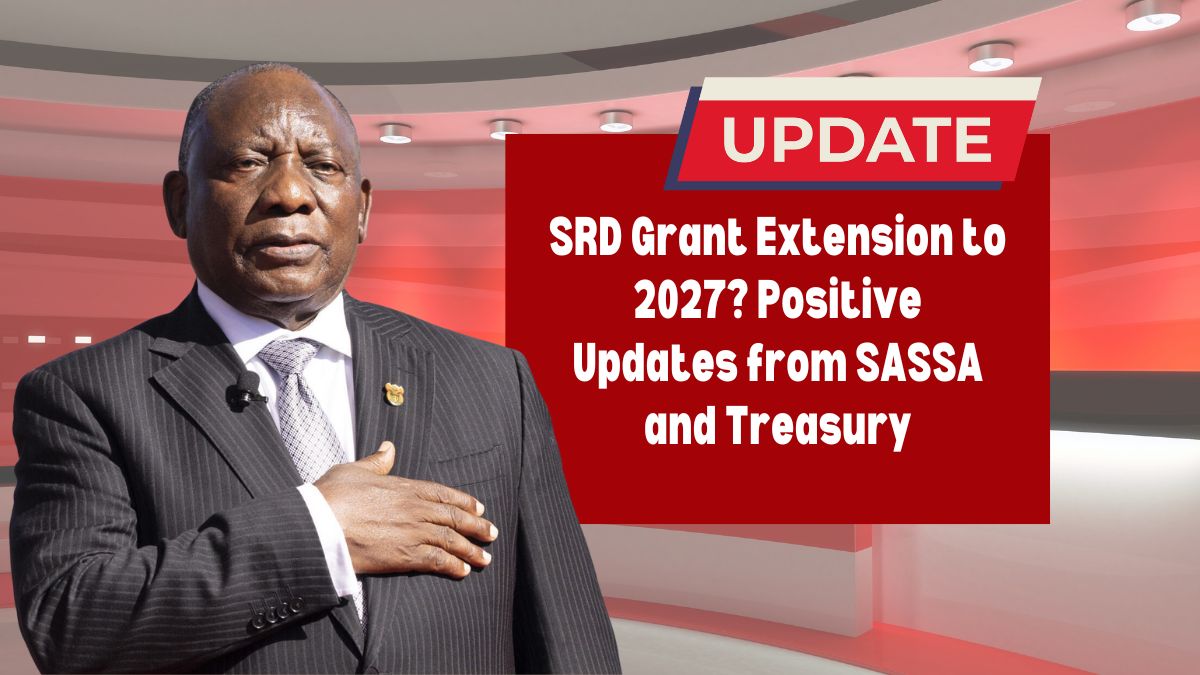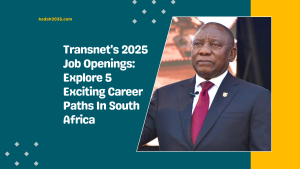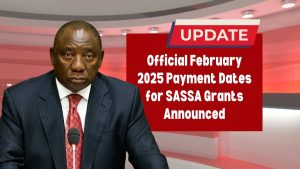South Africa’s Social Relief of Distress (SRD) grant remains a beacon of hope for millions as its future beyond March 2025 hangs in the balance. This monthly grant of R370, introduced in May 2020 during the Covid-19 pandemic, initially served as a temporary measure for unemployed individuals.
However, it has since evolved into a cornerstone of the nation’s social support system, benefiting approximately 8.5 million people. The grant is managed by the South African Social Security Agency (Sassa) and has undergone multiple extensions due to rising living costs and persistent socio-economic challenges.
While discussions about its extension until March 2027 are underway, uncertainty about its long-term sustainability raises pressing questions. Below, we explore the latest developments, proposed reforms, and the challenges facing this essential program.
Recent Developments: Is the SRD Grant Secured Until 2027?
The government’s stance on extending the SRD grant has provided a glimmer of hope for beneficiaries. Announced during the 2024 Medium Term Budget Policy Statement (MTBPS), provisional funding has been allocated to sustain the grant until 2027.
Provisional Funding Allocation for the SRD Grant
| Financial Year | Provisional Funding (R billion) |
|---|---|
| 2024/25 | 33.6 |
| 2025/26 | 35.2 |
| 2026/27 | 36.8 |
Finance Minister Enoch Godongwana has emphasized the importance of this allocation in supporting South Africa’s most vulnerable citizens. However, the long-term future of the grant hinges on overcoming significant policy and financial challenges.
Proposed Reforms to Improve the SRD Grant System
To enhance its effectiveness and sustainability, the SRD grant system is undergoing critical policy discussions. These reforms aim to streamline operations and ensure the grant reaches those who need it most.
Key Proposed Changes
- Revised Qualifying Criteria
- New eligibility rules are being considered to target individuals with the greatest need. This change aims to reduce unnecessary expenditure and focus resources more effectively.
- Mandatory Updates of Personal and Banking Information
- Beneficiaries may be required to update their information within 90 days of notification. Failure to comply could lead to the suspension of payments. This measure seeks to improve record accuracy and prevent fraud.
- Alignment with Broader Social Security Policies
- Plans are underway to integrate the SRD grant into South Africa’s wider social welfare framework, ensuring a more coordinated approach to addressing economic and social challenges.
Challenges in Securing the SRD Grant’s Future
Despite its significance, sustaining the SRD grant poses major financial and logistical hurdles. Addressing these challenges will require strong collaboration between government departments and innovative policy solutions.
Key Challenges
- Budgetary Constraints
- Securing stable and long-term funding sources without overburdening the national budget is a primary concern.
- Policy Coordination
- Ensuring seamless cooperation between the National Treasury and the Department of Social Development is essential to allocate resources effectively.
- Managing Public Expectations
- Balancing the expectations of millions of beneficiaries with economic pressures requires transparent communication and strategic planning.
This critical program, which has brought relief to millions, is at a crossroads. While provisional funding until 2027 is a promising development, its long-term future depends on strategic reforms, financial stability, and effective leadership. Beneficiaries and stakeholders alike await decisive government action to secure this essential lifeline.
FAQs
What is the current monthly amount of the SRD grant?
The SRD grant provides R370 per month to eligible beneficiaries.
Who is eligible to receive the SRD grant?
Currently, unemployed adults with little to no income are eligible. However, proposed reforms may revise these criteria.
When is the SRD grant set to expire?
The grant is scheduled to end in March 2025, but discussions are underway to extend it until March 2027.




